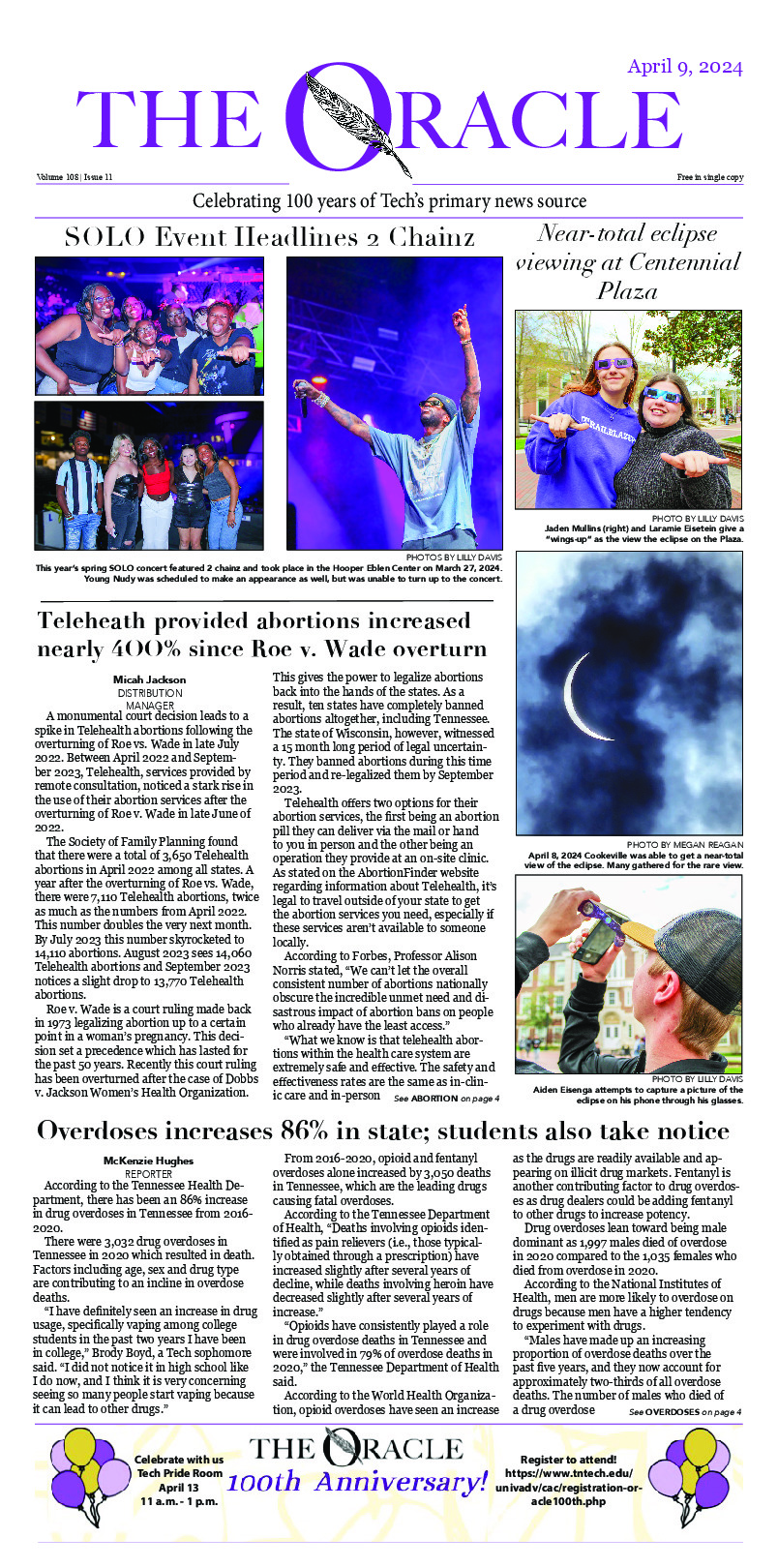What were you doing at 9:30 Sunday night? Were you grabbing a snack out of the nearest vending machine before heading back to your room? Maybe you were with friends, cherishing the last few moments of the weekend before surrendering to sleep and Monday morning. Perhaps you were even studying, acting the part of the good student and getting a head start on the long week ahead.
If you were like myself, you would have been leaving the University Center, striding toward your car parked about 30 feet away with your car keys out and positioned like weapons between your fingers.
If you were Haruka Weiser, you would have been heading to your dorm room after leaving the Dance and Drama building. You would have no idea that this walk would be your last.
University of Texas at Austin freshman Haruka Weiser vanished while walking on campus sometime after 9:30 p.m. Sunday, April 3, 2016. Her body was discovered by the football stadium the following Tuesday.
How many times have I walked to my car in the dark, alone, across campus? Countless times. How often have I ever felt threatened by an actual foe? Astoundingly, never. I am one of the lucky ones.
Before last Sunday, the University of Texas at Austin had held no record of homicide on campus since the turn of the century. Now, even as campus police step up their regulations to 12-hour shifts and the addition of 20 state troopers, the damage has already been inflicted. A murder has been committed, and students’ fragile sense of security has been shattered.
Our university is small, much smaller in size than UT-Austin’s population of 51,000. Yet even a campus of a mere 11,000 students can fall prey to acts of horror. While Tennessee Tech has not received any reports of homicide, records of daily crime report reveal that campus members have filed charges of assault (both simple and sexual), stalking, intimidation and even rape just since August 2015.
I cannot deny that our university has experienced bouts of assault after-hours. We have all received the curt, somewhat alarming text messages and emails alerting us of campus offenders and their last known locations. The most recent text was unfortunately sent out March 22, 2016, the same day as the recent Brussels terrorist attacks. Needless to say, many students connected the events of the day and assumed our campus was the next target of a random act of terrorism.
Thankfully, the text was far less sinister. A suspect had been cutting a trail straight to our university, and campus officials decided to exercise caution and send an emergency alert.
While we may have been tempted to gripe about the lack of explanation in the emergency alert, none of us could complain at having been sent a short text that could possibly mean the difference between avoiding stumbling upon a crazed suspect or being caught in the wrong place at the wrong time.
Most students remember the string of assaults aimed at female students unlucky enough to be walking on campus after dark. We like to reminisce about the odd reports of a suspect armed with a clipboard. When a suspect with a clipboard makes his way into our email alerts, we know that we are facing a slow day in crime.
Our campus security is not foolproof. What public institution ever is? Yet, it is events such as those that transpired last week in UT-Austin which remind me to be thankful for my small hometown university. In particular, I am reminded to be grateful for the alarming text alerts, the campus-cruising police, and those emergency phone booths shining like blue beacons in every commuter parking lot.
But as our campus grows, and as Cookeville grows along with it, we need to keep our campus safety in mind. Well-lit commuter lots and police cruisers can do wonders to ensure a safer campus, but in the end it is up to the individual to ensure her (or his) own safety.
I will take responsibility for my own risks. Walking across campus at night is one of those avoidable scenarios that police and university officials restate countless times after events such as this murder. But sometimes a day’s schedule swerves out of control, and such scenarios become reality.
What am I saying? I want to take a moment to express my thankfulness to this university. For even though I realize that no one can entirely eliminate the threat of campus security, I feel that Tech has provided an essential for campus safety. They have given me the resources I need to protect myself. I am not disclaiming all of the crimes committed, both reported and unreported. This is coming from someone who could very easily have been in Haruka Weiser’s shoes.
So thank you, Tech, for the cruisers that pull over cars driving 19 miles per hour. Thank you for the random cryptic text messages. Thank you to all of those professors and fellow students who offer to escort us late-night roamers from point A to point B. These are the small things that hold off our paranoia and enable us to gain our education without glancing over our shoulders.


